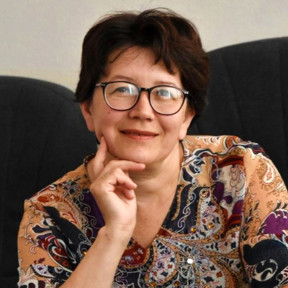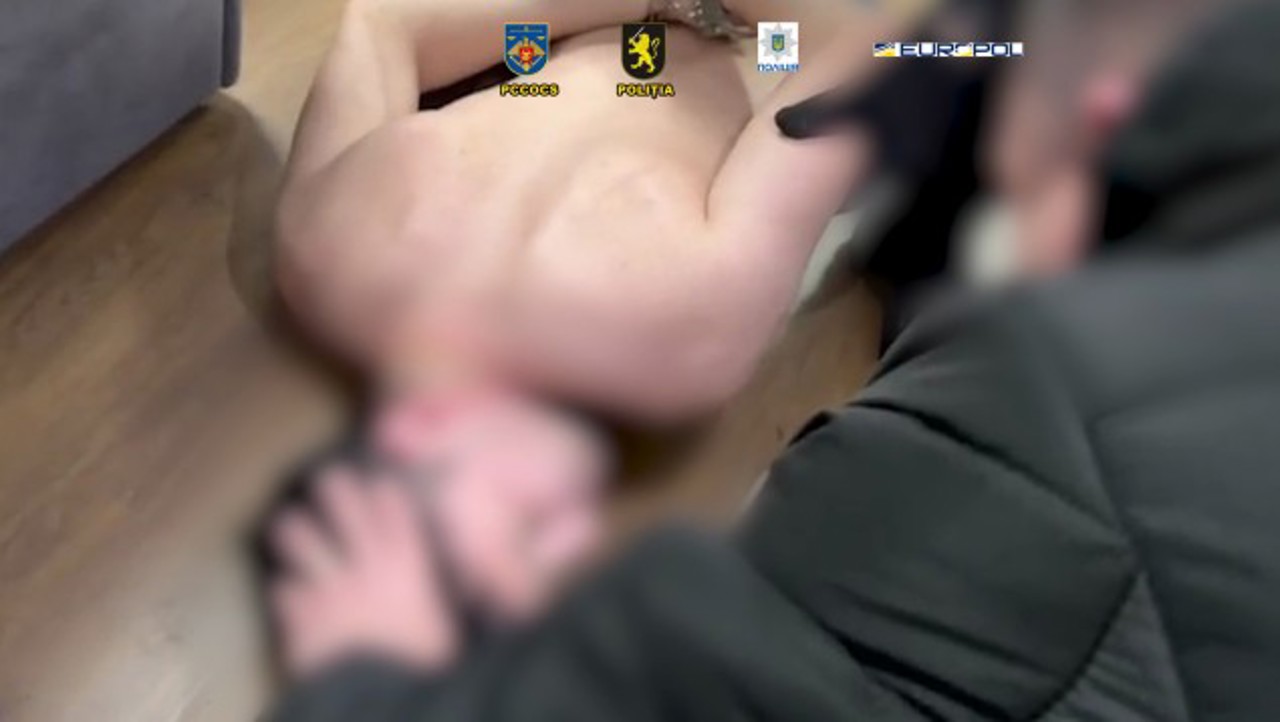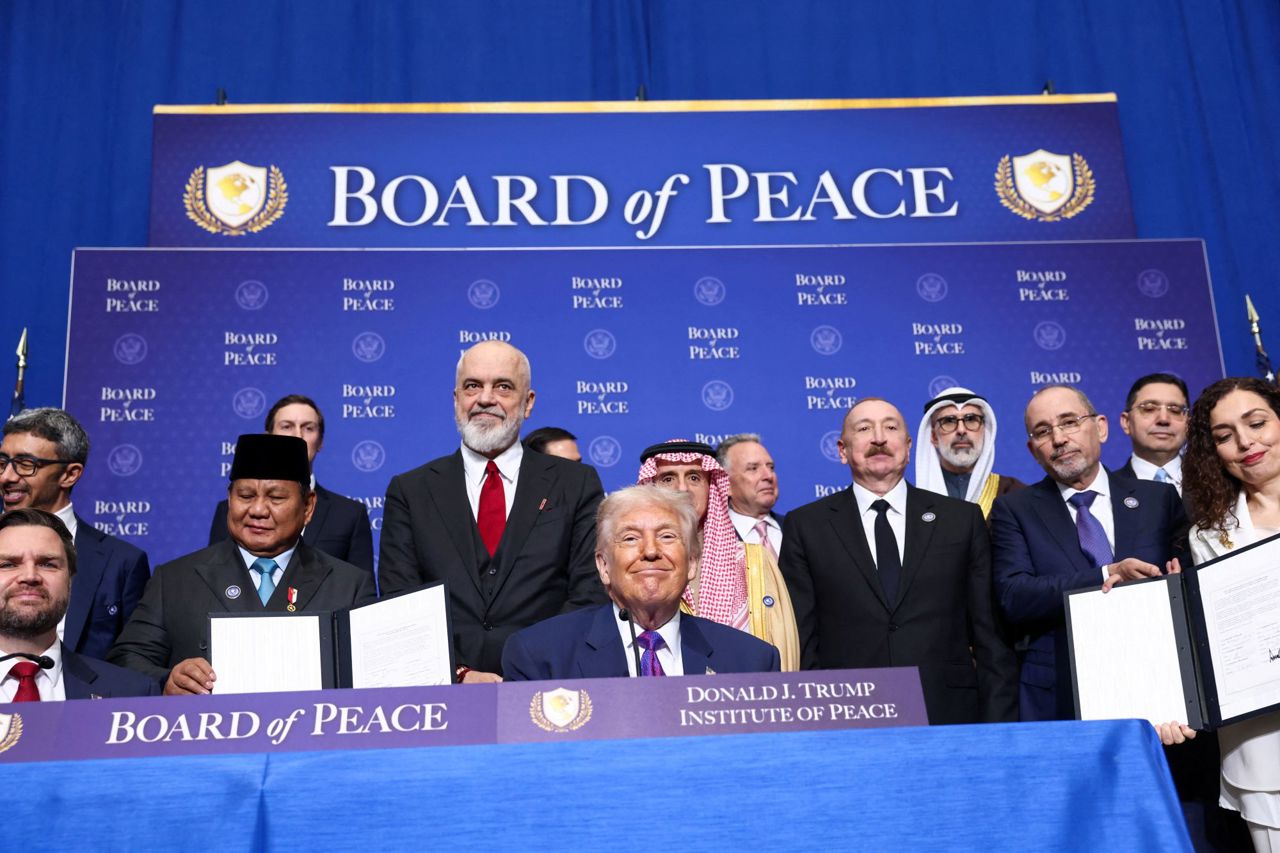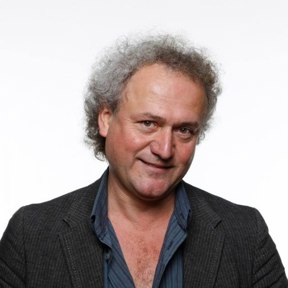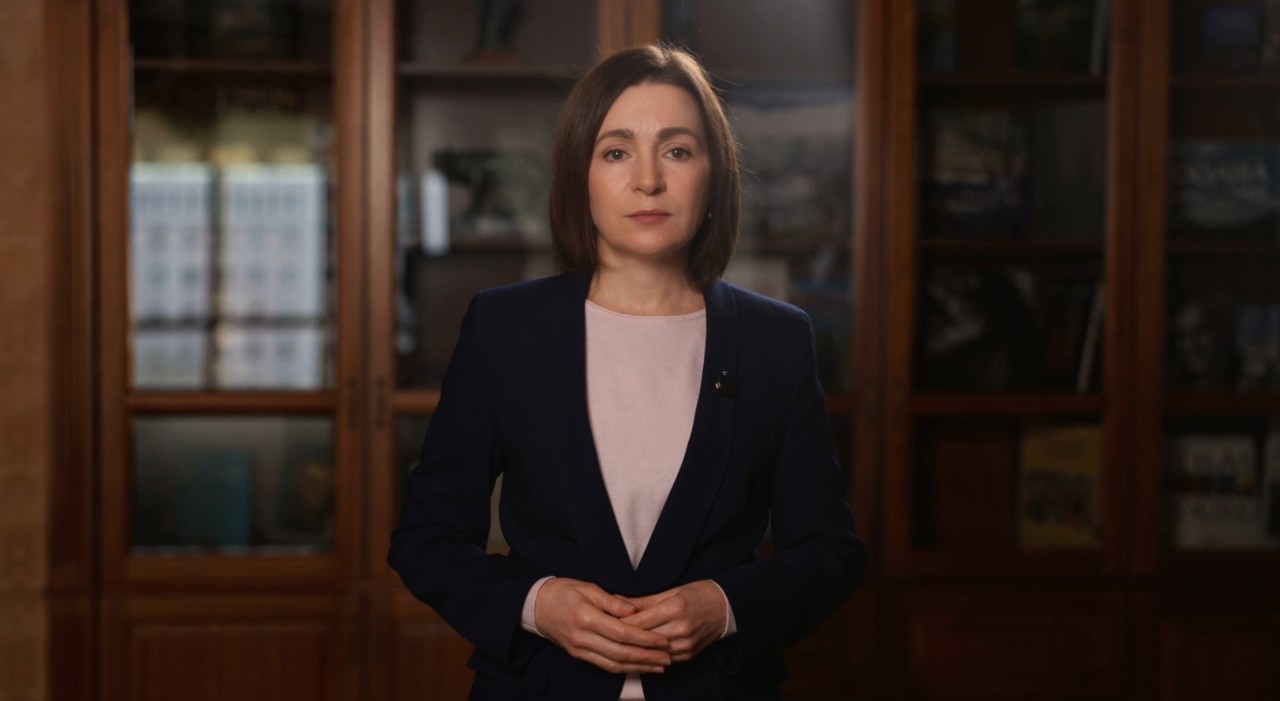Donating Samples for Science: Moldova Acts
Moldova is set to regulate the activity of biobanks with a new law recently adopted by Parliament. Biobanks are facilities that store biological samples, such as stem cells, blood, saliva, and tissue fragments, donated by individuals.
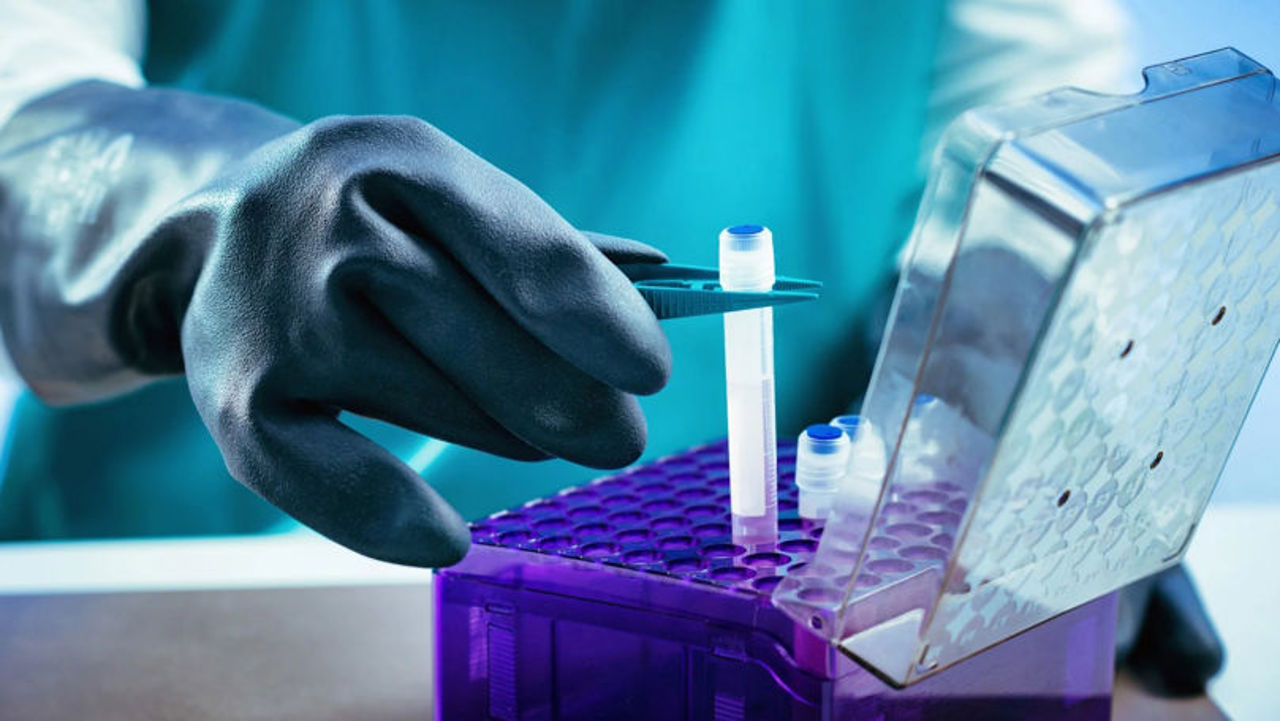
These samples are crucial for medical research and analysis of various diseases.
The new law emphasises informed consent. Donors will have complete control over whether or not to contribute samples, and their wishes will be strictly followed. This transparency is a major step forward, as Moldova previously lacked a formal regulatory framework for biobanking.
"The Republic of Moldova will have one of the best projects related to biobanking activity in all of Europe," declared Adrian Belîi, the Member of Parliament who authored the legislation. The law establishes clear regulations for all aspects of biobank operations, ensuring the safe storage and ethical use of donated samples.
Currently, Moldova has at least two biobanks. One operates at the Traumatology and Orthopedics Hospital, but the collected material is solely for patient treatment. The other, established in 2021 at the Nicolae Testemițanu University of Medicine and Pharmacy, focuses exclusively on medical research.
"These samples are stored for ongoing analysis," explained Tatiana Malcova, head of the university's biobank. "They are available to researchers within the university and, if necessary, to qualified researchers outside the institution." Malcova emphasises that the biobank maintains a secure database with information about both the samples and the donors.
The new law mandates that each biobank will be headed by a manager with a medical background. Additionally, biobanks will undergo evaluation and accreditation every five years. These institutions will be self-managed but can also receive funding from their founders, user fees, national programs, research projects, or grants.
Translation by Iurie Tataru
